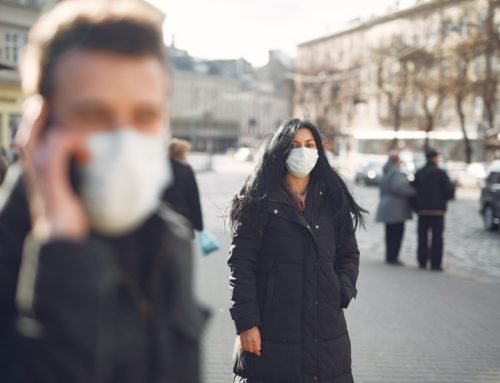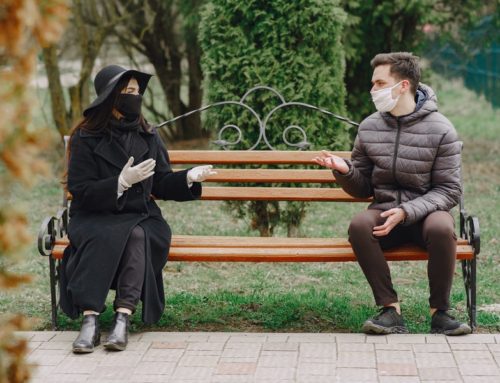At the time of this writing, over 560,00 US citizens have died from COVID-19. This much loss of life has not been seen in the United States since 1919, and the death toll will continue to climb, albeit at a much lower rate since the introduction of safe and effective vaccines. Not only have people died, but many have also suffered lasting effects from COVID-19 infection. The effects of the pandemic are going to be with us for years to come.
One common aspect of some tragic losses is survivor’s guilt. Many people who survived COVID-19 when others didn’t are reporting feelings of guilt and shame. These feelings may come from having survived COVID-19 when others didn’t or being unable to help loved ones when they were sick or dying, due to the quarantines. Survivor’s guilt has so far been most common in those who were close to someone who got the virus and had a serious illness, or those who lost a loved one from it.
Symptoms of Survivor’s Guilt
- Rumination and obsession. People with survivor’s guilt replay the traumatic events over and over, trying to make sense of the situation and their emotional pain.
- Sometimes people regret having survived. They may also feel deeply ashamed of the moments when they are not suffering emotionally. Feeling happy becomes another cause of feeling guilt.
- Feelings of deep grief, sadness, and helplessness
- Increased irritability
- Sleep problems
- Increased apathy
- Social detachment
- High levels of distractibility, trouble concentrating
- Experiencing hindsight bias. Hindsight bias causes people to look back at past events and overestimate their ability to have affected the situation. This leads to a false sense of control over matters that were in actuality completely out of our control.
Counseling for Survivor’s Guilt:
Survivor’s guilt isn’t a psychological disorder unless it persists for more than 4 weeks. At that point, particularly if a person is becoming unable to function normally, a mental healthcare provider may make a diagnosis of post-traumatic stress disorder (PTSD).[1] However, survivor’s guilt is still a painful issue that robs life of joy and satisfaction. It can also put people at an elevated risk for suicide.
Survivor’s guilt responds well to therapy with a mental healthcare professional. A particularly effective treatment, Cognitive-Behavioral Therapy (CBT) helps people learn to challenge negative, habitual fallacies in their thinking that get in the way of healing. CBT is goal-oriented and doesn’t take years of therapy to work.
Damaris Aragon, ARNP, BC provides a full spectrum of mental health care to people in Spokane, Washington, and surrounding areas. She focuses on providing personalized, compassionate care that adheres to current evidence-based standards. Reach out to Damaris through her contact page or calling 509-342-6592.
[1] https://www.researchgate.net/profile/Herbert-Hendin/publication/21138169






